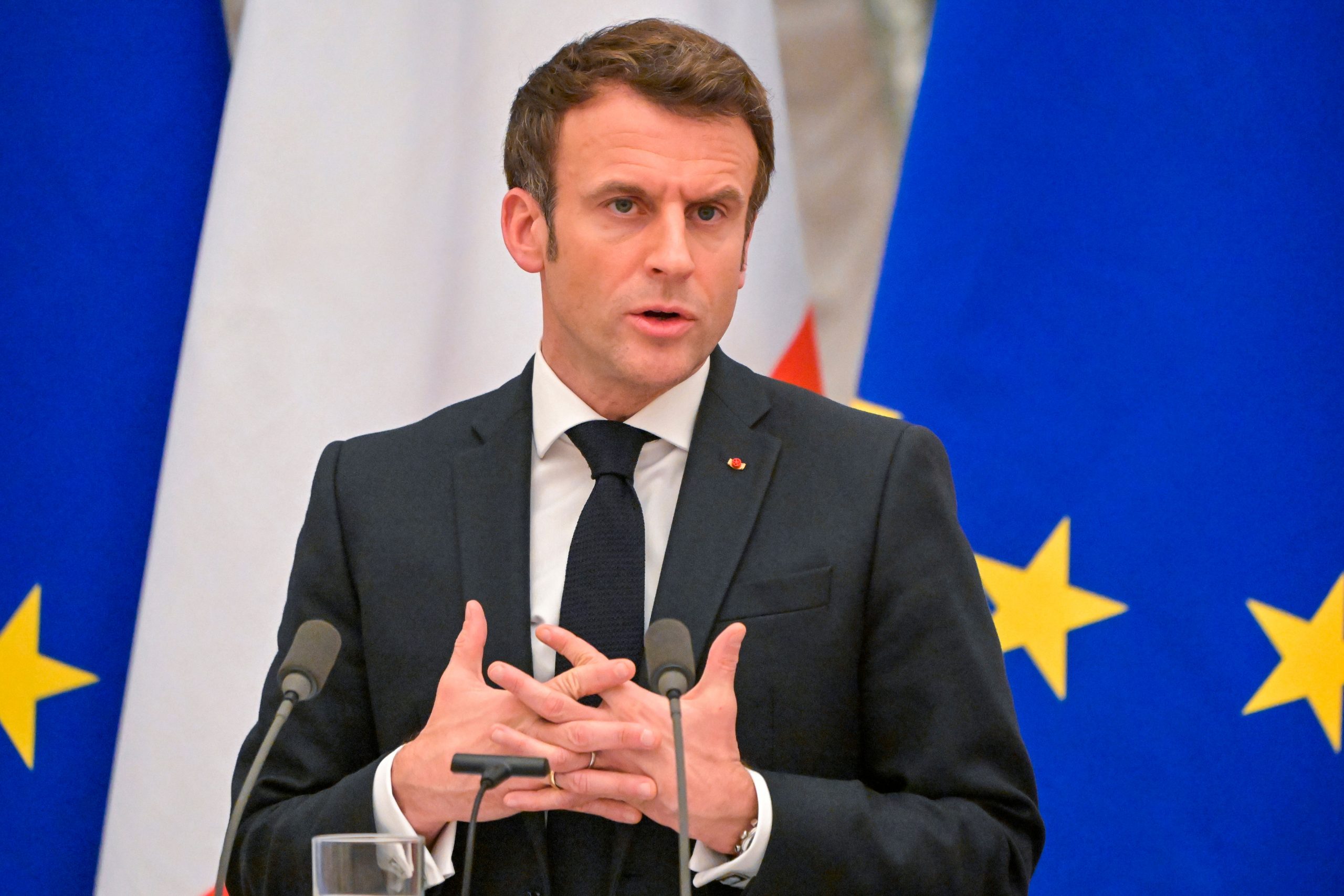France’s unemployment rate dropped below its pre-Covid level in the final quarter of last year. The spectacular economic rebound from the pandemic effect helped the unemployment rate fall to its lowest level since 2008, showed the official data on Friday.
The unemployment rate fell to 7.4% from 8.0% in the previous quarter, the INSEE statistics agency said. The figure that comes two months ahead of a presidential will boost President Emmanuel Macron’s economic credentials. He is expected to seek a second term.
Also Read | ‘Catastrophic’ if Ukraine-Russia crisis escalates into war: UN chief
It was the lowest level of unemployment since the third quarter of 2008 with an exception of the spring of 2020, the beginning of the pandemic when most people stopped looking for jobs during a nationwide lockdown.
In January 2022, INSEE reported France’s strongest annual economic growth in more than half a decade, at 7% for 2021 after a 7.9% drop in 2020.
Also Read | All you need to know about rising Ukraine-Russia crisis
Youth unemployment has been stubbornly high in France and the bane of previous French Presidents. The jobless rate has dropped to a level not seen since the 1990s.
Finance Minister Bruno Le Maire called the fall in the fourth quarter a “great victory against resignation and fatalism”.
Also Read | Storm Eunice brings record winds to UK, London under ‘red’ alert
“With Emmanuel Macron we tried something different, we reformed the labour market, we supported apprenticeships, we cut taxes and overhauled the tax system, now the results are there,” said Le Maire on RTL radio.
The drop has put the rate within the reach of a campaign promise made by Macron in 2017 to reduce unemployment to 7% by the end of his tenure. Likely to seek a second five-year presidential term in an election to be held in April 2022, Macron is stepping into the elections with one of the strongest economic track records in generations for an incumbent president.
Also Read | Prince Harry feels bringing kids to UK is unsafe, lawyers say
The second biggest European economy expanded the fastest in more than five decades with a growth rate of 7% in 2021.
However, the employment rate, the share of the workforce in work fell marginally to 73.3% although it is still close to its highest level in decades.







